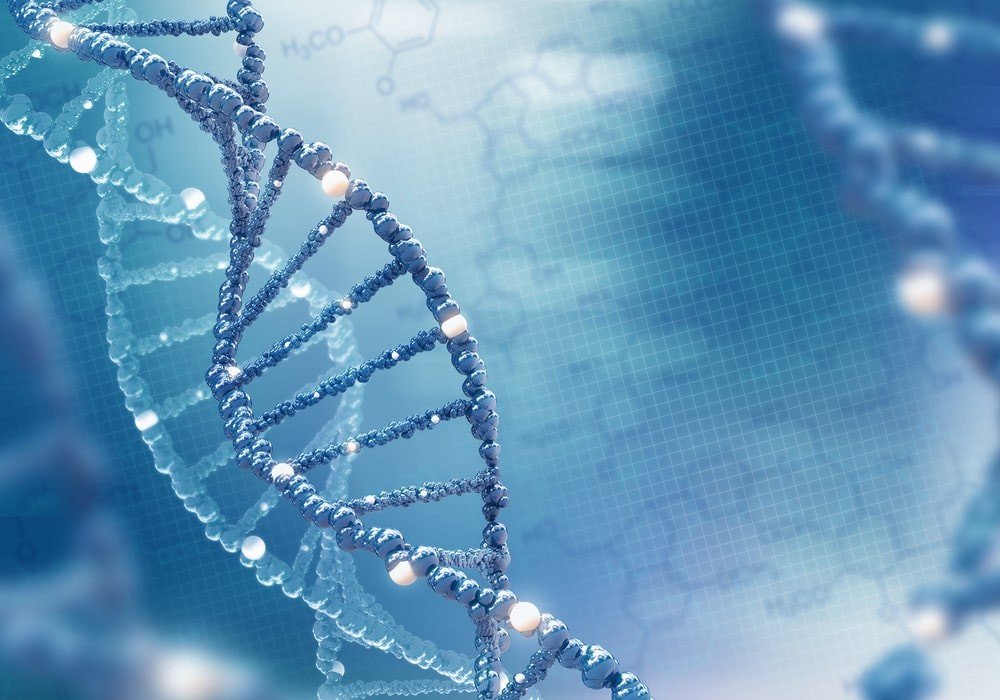Latest Article
Genetic testing and cancer
Unraveling the Genetic Tapestry
Genetic testing has emerged as a powerful tool in the fight against cancer. By peering into our DNA, we can uncover hidden susceptibilities, predict risks, and tailor treatment strategies.

Genetic testing and cancer
Unraveling the Genetic Tapestry
Genetic testing has emerged as a powerful tool in the fight against cancer. By peering into our DNA, we can uncover hidden susceptibilities, predict risks, and tailor treatment strategies. This article delves into the intricacies of genetic testing, its role in cancer management, and the ethical considerations surrounding its use.
Understanding Genetic Testing
Genetic testing is a medical procedure that analyzes an individual’s DNA to identify specific genetic variations or mutations that may increase their risk of developing certain diseases, including cancer. These genetic alterations can be inherited from parents or acquired during a person’s lifetime.
How Does Genetic Testing Work?
Sample Collection: Typically, a blood or saliva sample is collected from the individual.
DNA Extraction: DNA is extracted from the cells in the sample.
Gene Sequencing: The specific genes of interest are sequenced to identify any variations or mutations.
Analysis and Interpretation: The identified genetic changes are compared to a reference sequence to determine their significance.
The Role of Genetic Testing in Cancer
Genetic testing plays a crucial role in various aspects of cancer management:
Risk Assessment:
- Identifying Inherited Risk: Genetic testing can reveal inherited genetic mutations that significantly increase the risk of developing specific cancers. For instance, mutations in the BRCA1 and BRCA2 genes are associated with a higher risk of breast and ovarian cancer.
- Personalizing Risk Assessment: By considering factors like family history, lifestyle, and environmental exposures, genetic testing can provide a more accurate assessment of an individual’s cancer risk.
Early Detection:
- Tailored Screening: Individuals with a high genetic risk can benefit from more frequent and targeted cancer screenings, such as mammograms, colonoscopies, or MRI scans.
- Preventive Measures: In some cases, genetic testing can identify individuals who may benefit from preventive surgeries, like prophylactic mastectomies or oophorectomies.
Treatment Planning:
- Precision Medicine: Genetic testing can help identify specific genetic alterations within a tumor that may influence treatment response. This information can guide the selection of targeted therapies that are more likely to be effective.
- Predicting Treatment Outcomes: Genetic testing can predict how well certain treatments may work for an individual, helping to avoid ineffective therapies and minimize side effects.
Family Planning:
- Genetic Counseling: Genetic testing can provide valuable information for individuals and couples considering having children. Genetic counselors can help assess the risk of passing on genetic mutations to offspring and discuss options like prenatal testing or preimplantation genetic diagnosis.
Ethical Considerations
While genetic testing offers significant benefits, it also raises ethical concerns:
- Privacy and Discrimination: Concerns exist about the potential misuse of genetic information, leading to discrimination in employment or insurance.
- Psychological Impact: Receiving a positive test result can have a profound psychological impact on individuals and their families.
- Limited Understanding: The interpretation of genetic test results can be complex, and there may be uncertainties about the significance of certain variants.
The Future of Genetic Testing
As technology advances, genetic testing is becoming more accessible and affordable. Future developments may include:
- Expanded Panel Testing: Testing for a wider range of cancer-related genes.
- Liquid Biopsies: Non-invasive blood tests to detect circulating tumor DNA.
- Germline and Somatic Testing: Simultaneous analysis of inherited and acquired genetic alterations.
Genetic testing is a powerful tool that can revolutionize cancer prevention, early detection, and treatment.
By understanding our genetic makeup, we can take proactive steps to reduce our cancer risk and improve our overall health. However, it is essential to approach genetic testing with careful consideration and seek guidance from healthcare professionals to make informed decisions.
